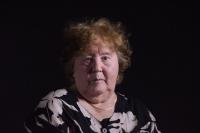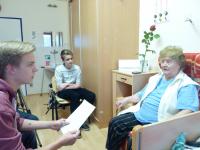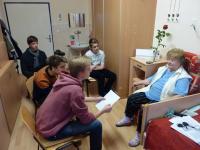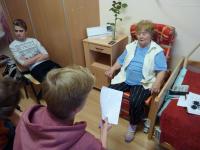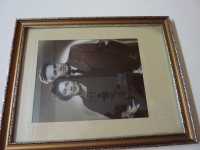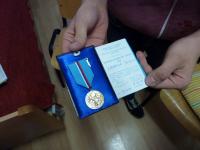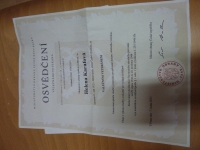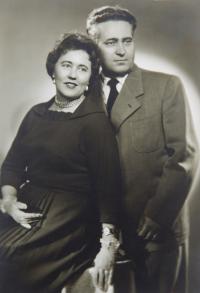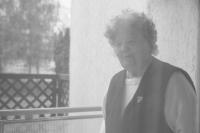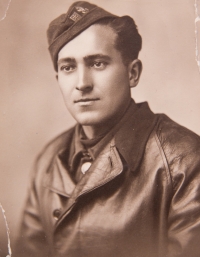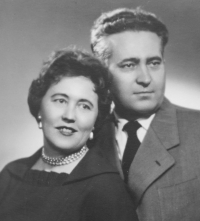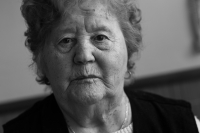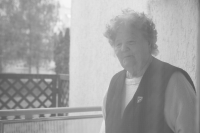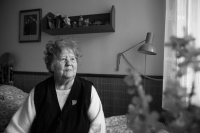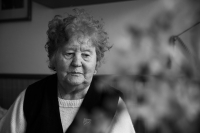“We lived in holes and they never found us.”
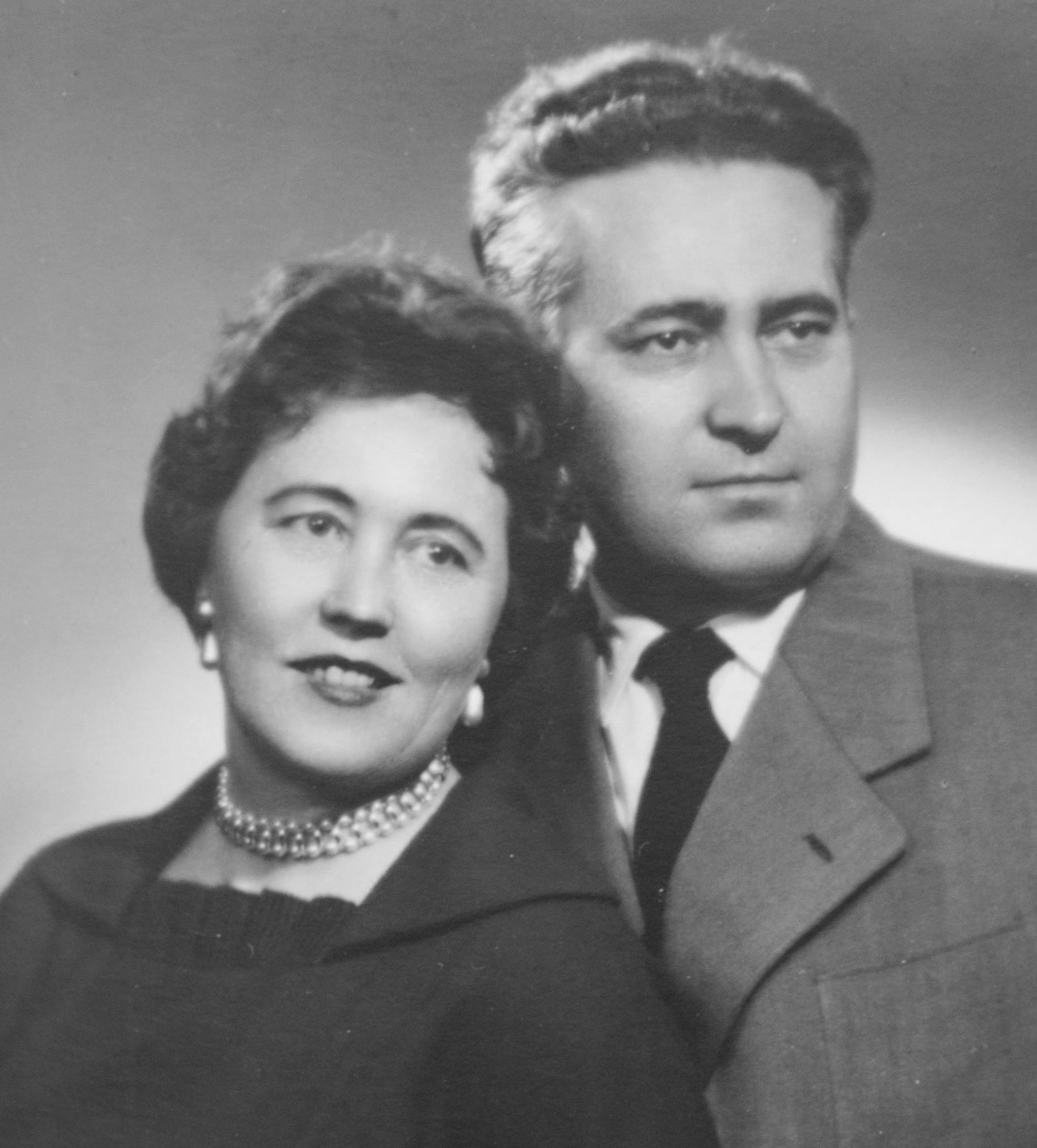
Download image
Helena Karafová, born on September 11, 1922, comes from Levice in Slovakia. She grew up as the middle child of three sisters in a family of a mason. Following the declaration of the Slovak State, her father decided that he and Helena would join the resistance movement. After some time, they went to the mountains in the vicinity of Banská Štiavnica, where the Slovak - and later Russian - partisans operated. She was organizing the delivery of food to them and taking care of the wounded. Helena’s fiancée had to join the Nazi army, but he deserted while in Italy and joined the partisans. He was seriously wounded there but survived and returned home to Slovakia. After the war, they married and moved to Prague, where Helena lives today.
